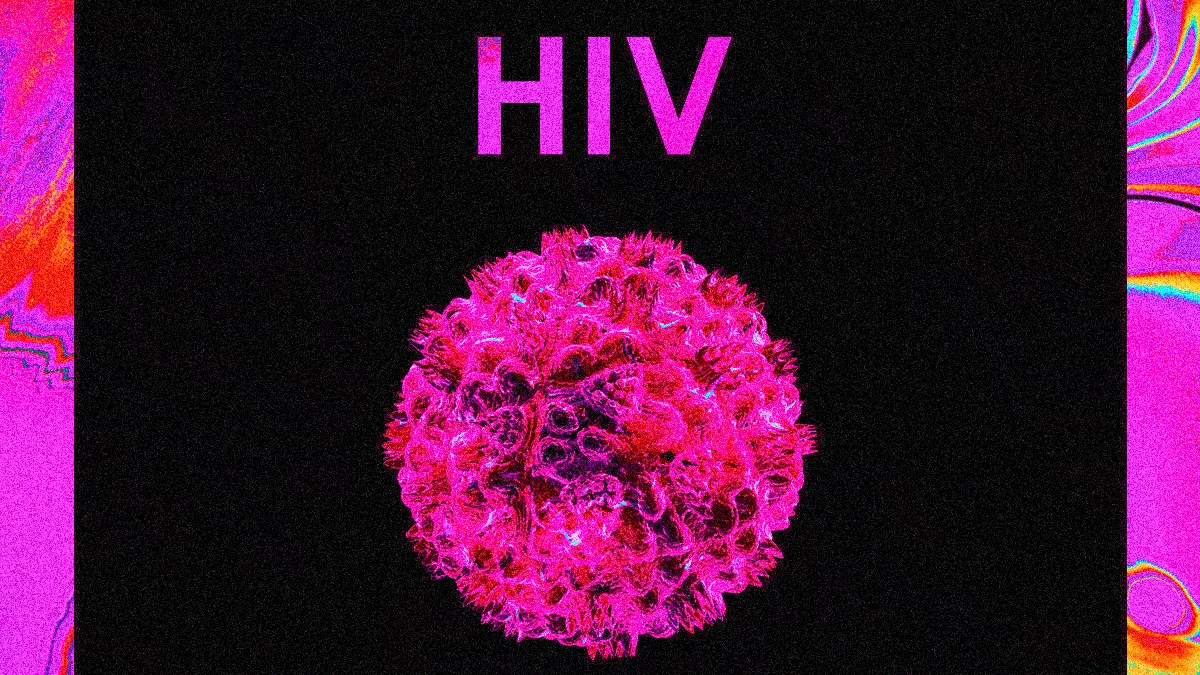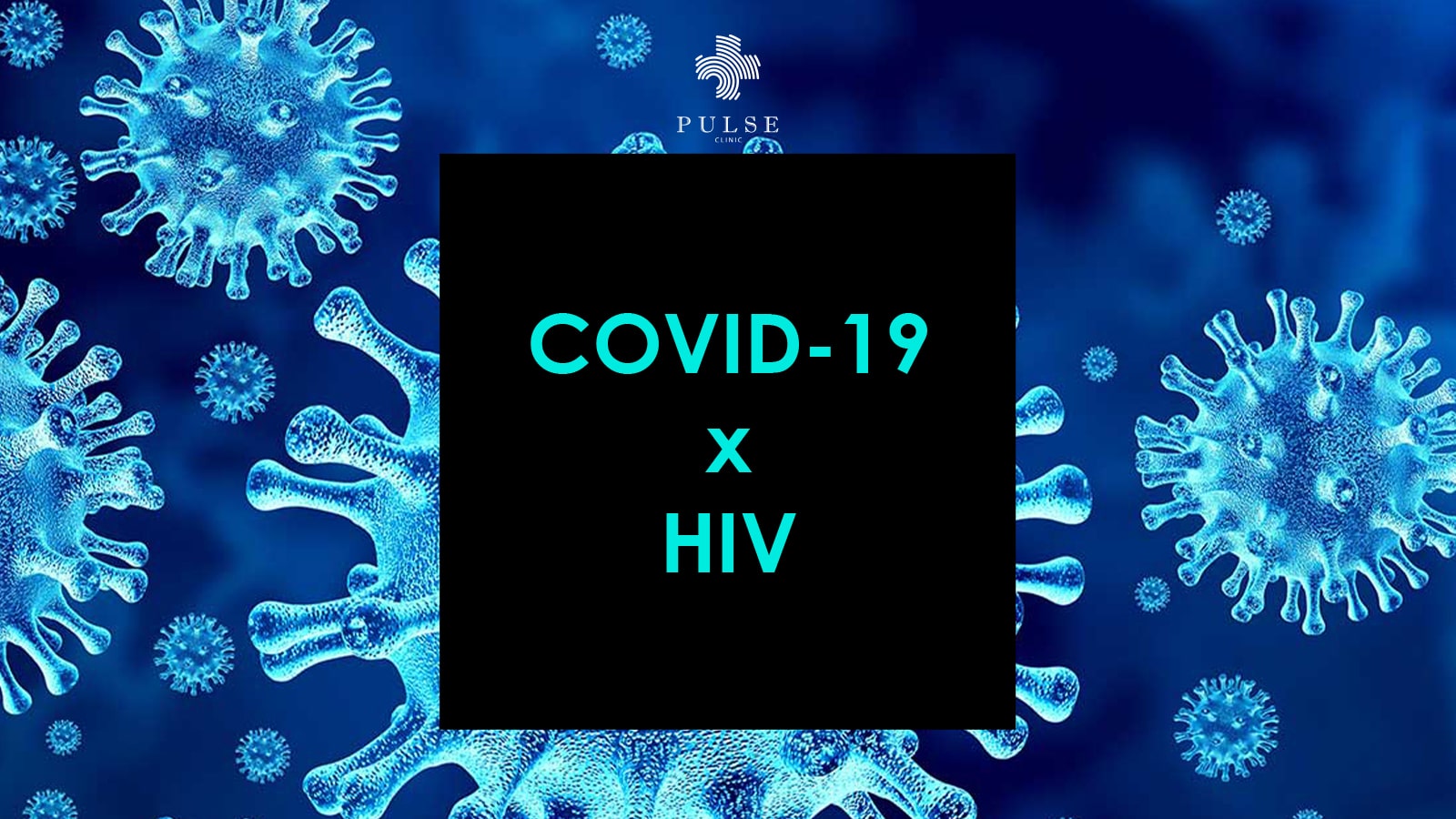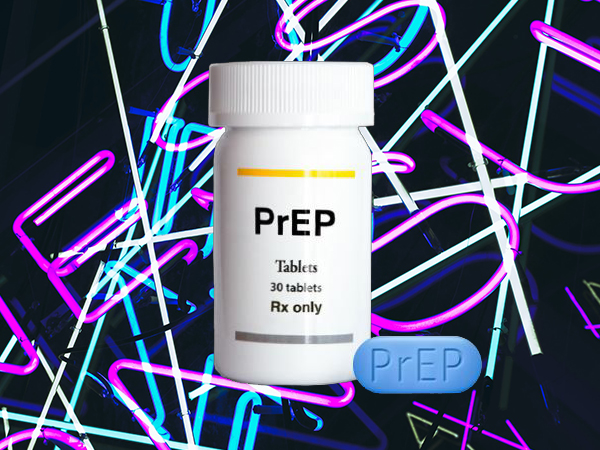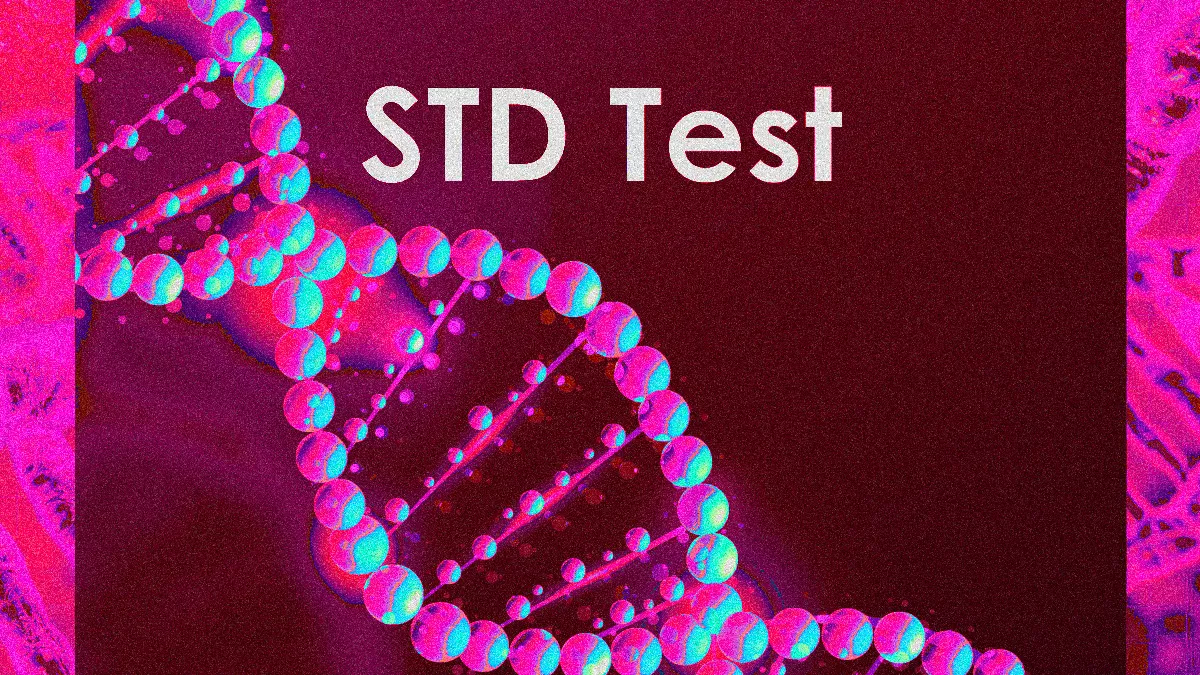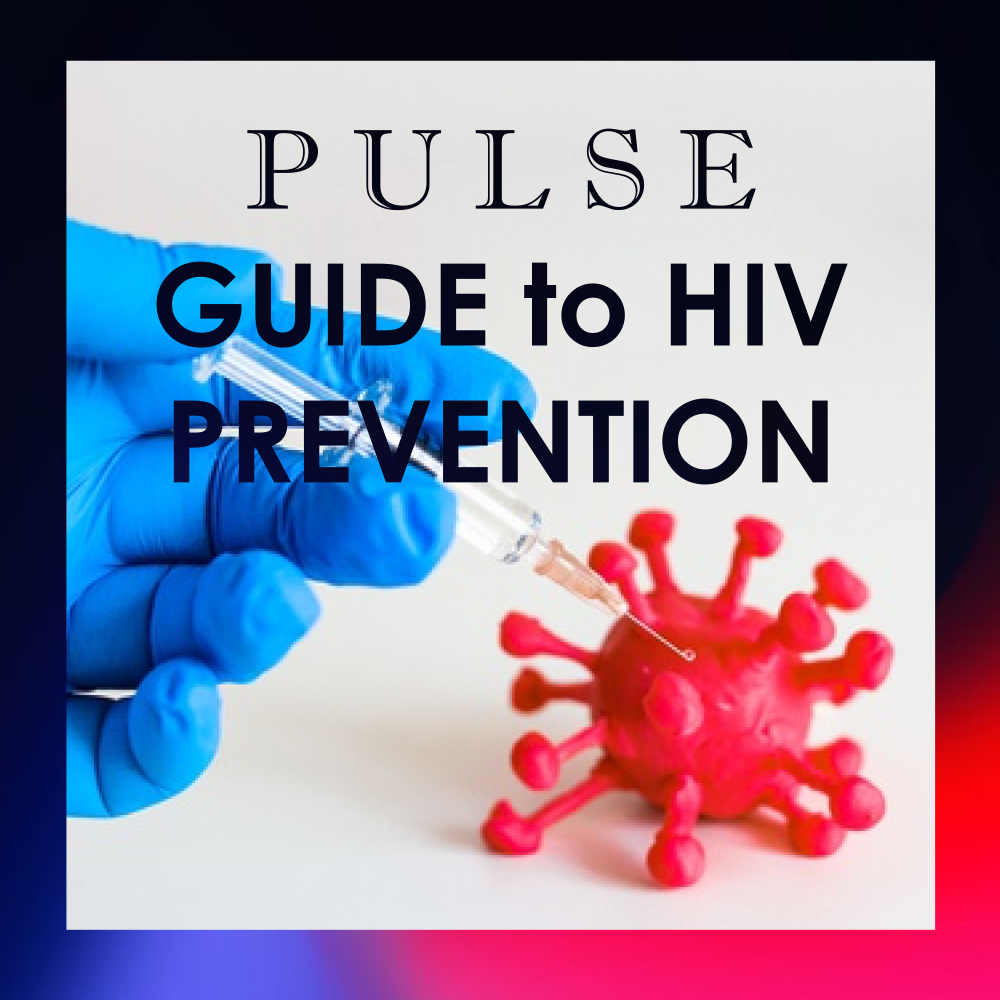- We are experienced and specialized in STI/STD diagnosis, treatment and care.
- Our Medical Practitioner has over 10 years’ experience.
- Our care is highly confidential & discreet in a relaxed friendly environment.
- We have 45,000 patients from more than 130 countries.
- We are the first private clinic in Thailand to provide PCR DNA testing for HIV and 28 STIs/STDs as well as & 15min rapid testing for HIV, hepatitis A B C and Syphilis.
- You can get same-day, walk-in care.
- You can book an appointment online and save even more time.
- In 2021 we have 11 branches in Bangkok, Phuket, Hong Kong, Singapore, Kuala Lumpur and we offer online to offline service and home delivery.
- Our doctors are speakers at leading conferences worldwide.
- We aere the leader to provide the service without stigma to STI /STD testing and treatment, in case you're concerned, don't be, because we are a general practice others won't know why you're visiting.
- Testing is affordable, up-to-date and accurate.
Sexual Healthcare for Women
4866
PULSE CLINIC, Asia's leading Sexual Health Clinic Network provide the highest quality TEST&TREAT services from diagnostic tests to treatment for all.

Written by Dr.Deyn Natthakhet Yaemim (Founding Director) on 6 June 2015
Sexual Healthcare for Women
| Women Package 1 | Women Package 2 | Women Package 3 | Women Package 4 | Women Package 5 | Women Package 6 | Women Package 7 | |
| HIV combo | ✓ | ✓ | ✓ | ✓ | ✓ | ✓ | ✓ |
| Syphilis | ✓ | ✓ | ✓ | ✓ | ✓ | ✓ | ✓ |
| Hepatitis B Antigen | ✓ | ✓ | ✓ | ✓ | ✓ | ✓ | ✓ |
| Hepatitis B Antibody | ✓ | ✓ | ✓ | ✓ | ✓ | ✓ | ✓ |
| Hepatits C Antibody | ✓ | ✓ | ✓ | ✓ | ✓ | ✓ | ✓ |
| Cervical swab for 14 STIs (3 days) | - | ✓ | ✓ | ✓ | ✓ | ✓ | ✓ |
Swab PCR 14 STIs - Throat - Anal |
- - |
- - |
✓ - |
✓ ✓ |
✓ ✓ |
- - |
✓ ✓ |
Urine PCR for 14 STIs (3 days) | - | - | - | - | ✓ | - | ✓ |
| Thin Prep Cancer Screening | - | - | - | - | - | ✓ | ✓ |
| HPV DNA Full panel | - | - | - | - | - | ✓ | ✓ |
| Normal Price | 4260 | 9250 | 14240 | 19230 | 24220 | 13050 | 28020 |
| Special Price | 3100 | 7950 | 12550 | 16300 | 18590 | 11250 | 21650 |
UPGRADE From 14 to 28 STIs | 16660 | 29060 | 41460 | 53860 | 20460 | 57660 | |
| 13700 | 24100 | 34550 | 44950 | 16650 | 47890 | ||
What is Test & Treat?
Test & Treat is PULSE CLINICS' campaign to provide comprehensive, accurate, affordable, and up-to-date international standard methods of testing for STIs / STDs regardless of symptoms of the patient, some people (actually up to 70% of people with infections) do have an infection without any symptom (asymptomatic infection) and only less number of people do have symptoms of STDs. Please be aware that there are some less accurate and cheaper methods of sexual health testing available in Asian cities which we DO NOT provide or recommend. Often these inferior testing methods can lead to false negative results.
Book Your Appointment Today!
Contact us at info.bkk@pulse-clinic.com or chat on your preferred platform:
![]() +66 65 237 1936
+66 65 237 1936  @PULSEClinic
@PULSEClinic ![]() PulseClinic
PulseClinic
What is the difference between STI & STD?
An STI which stands for sexually transmitted infection is a little different from an STD which is a sexually transmitted disease. It is the infection (STI) that leads to the disease (STD). They are commonly known to mean the same thing but many STIs show no symptoms, so you may not know if you are infected and will not progress into a disease. That is why it is important to regularly screen for STIs or STDs, whatever you may wish to call them..
What are the benefits of Test & Treat at PULSE Clinic?
What is an asymptomatic infection?
Research indicates that Asymptomatic infection is someone who has been infected with the STIs but never developed symptoms throughout the course of their disease but since they have infections (bacteria, viruses, protozoa) in their body, they are able to pass on to other people.
Why are std Test & Treat so important?
As mentioned, people with asymptomatic infections do not know they are infected and can pass on the infection to other people without knowing. Everyone who is sexually active should have a concern about their sexual health. If left unchecked, STIs/STDs can damage not only both male and female reproductive systems but some STDs can lead to brain destruction, immune system destruction and death.
It is reported in the USA that nearly 25,000 women a year become infertile because of STIs / STDs. Generally, contracting an STD will not cause infertility or reproductive problems. But when a sexually transmitted disease is not treated it leads to a high risk of reproductive damage. Therefore, TEST&TREAT is so important. The importance of your sexual health must be a priority as sexually transmitted infections & diseases are on the rise in many countries worldwide.
What are the most common STIs/STDs?
Listed below are some of the most common STIs / STDs, their symptoms, and treatments.
Chlamydia
Chlamydia is a bacterial STI / STD and is the number one cause of infertility in the United States. If chlamydia is left untreated it can cause pelvic inflammatory disease (PID), which can permanently damage a woman’s reproductive system. Up to 70% of those who have chlamydia do not have symptoms, which makes it difficult to diagnose without an accurate test. This is why regular testing is so important. Chlamydia can infect your urethra, tonsil glands, rectal tissue, eye and skin. People who do have symptoms of chlamydia, may experience:
• Discharge from the vagina or penis with or without painful urination
• Mouth, Throat, Eye, Rectum, Skin and Urethral infection
• A fever
Chlamydial DNA can be detected on urine samples, and painless throat/anal/vaginal swabs with PCR DNA Test Multiplex. The correct type of antibiotics can treat chlamydia (which you can get at PULSE clinics). If you do require treatment for chlamydia your partner will too. Otherwise, you may contract it again.
Gonorrhea
Gonorrhea which is also spelt gonorrhoea is another STD that is bacterial which often occurs at the same time as chlamydia. That's why any national medical treatment guideline would recommend treatment for both Gonorrhea and Chlamydia at the same time if symptom present. Gonorrhea can also cause pelvic inflammatory disease, so early treatment is important. Like chlamydia, most people won’t have symptoms (asymptomatic infections) although but if they do, they may experience:
• Discharge from the vagina or penis
• Difficult or painful urination
• Mouth, throat, and eye infections
• Women sometimes experience bleeding between periods
Gonorrhea can cause infertility in both women and men.
DNA of Gonorrhea can be detected on urine sample, painless throat/anal/vaginal swab with PCR DNA Test Multiplex. A single dose of the correct antibiotics will treat gonorrhea.
Genital Herpes
Another common STI / STD is Herpes that many people do not know they have as it can often present no symptoms at all. The only visible symptom are blisters around the genitals, mouth or anywhere on your body with thin skin. It can be caused by two different strains of the herpes simplex virus: HSV type 1 (HSV-1) or HSV type 2 (HSV-2).
Herpes type 1 and type 2 DNA can be detected on urine sample, painless throat/anal/vaginal swab with PCR DNA Test Multiplex.
The majority of genital herpes cases are caused by HSV-2 and to date there is no cure but PULSE CLINICs provide medicine to control the herpes outbreaks which can decrease the chances of passing it on to a sexual partner.
Human Papillomavirus (HPV)
HPV is the most prevalent STI / STD in fact 50% of sexually active people will catch HPV at some point in their life. Because there are over 40 types of HPV, it is difficult to diagnose a particular strain. The variety of strains of HPV can cause:
• Genital warts
• Mouth and throat infections
• Cancers of the cervix, vulva, anus, penis, and mouth
The Human Papillomavirus cannot be cured but can be treated. It’s important to know that there is a vaccine that can help prevent HPV, including cancers and genital warts caused by HPV. You can get the HPV vaccine, as well as many other vaccinations at our clinic in Bangkok, Phuket, Hong Kong, Singapore, Kuala Lumpur, and The Philippines.
Syphilis
Another STI / STD that can cause serious long-term health issues is Syphilis. It’s normally contracted and transmitted through direct contact with open sores. The number of cases worldwide has been increasing over the past years, making it a major concern. Depending on the stage of infection, Syphilis symptoms may include:
• Small, painless sores in or around the penis, testes, vagina, anus, mouth, or skin.
• A rash, especially on the palms of hands and soles of feet
• Fever, Fatigue
• Swollen lymph glands
• Headache
• Sore throat
• Muscle aches
• Weight loss
DNA of bacteria that causes syphilis can be detected on urine samples, painless throat/anal/vaginal swab with PCR DNA Test Multiplex. If diagnosed early Syphilis may be treated with the correct type of antibiotics.
Bacterial Vaginosis
Aka BV is a particularly common vaginal infection in women. It occurs when there is an imbalance of good & bad bacteria in the body. Women who have new or multiple sexual partners, and those that douche are more likely to have BV. New bacteria that enter the vagina can cause BV. Signs of Bacterial Vaginosis are:
• Vaginal itching or burning
• Discharge which is thin & milky with a fishy odor
• Painful urination
The correct antibiotics will clear Bacterial Vaginosis. Treatment is exceedingly important as it can increase the risk of contracting other STIs / STDs, and can cause birth defects such as preterm labor, premature birth, and lower birth weight babies.
Trichomoniasis
Trichomoniasis affects mainly women but not only. A lot of men and gay men can contract trichomoniasis too, many will not experience any symptoms but are ready to pass on the infection to other people. Symptoms of trichomoniasis are:
• Painful urination
• Penis lesions
• Green or yellow frothy vaginal discharge
• Labia & vulva swelling
Trichomonas DNA can be detected on a urine sample, or painless throat/anal/vaginal swab with PCR DNA Test Multiplex.
Trichomoniasis can be treated with the correct antibiotics. Reinfection is very common, so everyone must get treated who has had sex with an infected person.
Viral Hepatitis (Hepatitis B)
Hepatitis A, B, and C are viruses that can be caught through sexual contact, but Hepatitis B is the most common. It is also the most common cause of liver cancer. Like other several other STIs / STDs, viral hepatitis often does not show symptoms. If symptoms do occur, they can be very serious. Symptoms include:
• Liver enlargement
• Rash
• Fever
• Cloudy or dark urine
• Fatigue
• Nausea/Vomiting
• Loss of appetite
• Headache
Hepatitis B can be prevented by a vaccination available at PULSE clinics. But if Hep B is contracted, in the majority of cases antiviral medications can treat it.
PULSE CLINICs also provide a full course of curative treatment for hepatitis C, please contact our clinics for more details.
It is so important to remember that pregnant women who contract an STI/ STD can pass it on to their child. If you’re pregnant and believe you may have an STI / STD, you should contact us as soon as possible for testing and treatment.
Trust PULSE CLINIC to take care of your health like other 45000 people from over 130 countries. We provide discreet professional service with high privacy. Here to help, not to judge.
What would be done when receiving test and treatment services from PULSE Clinic?
Option A: "TEST&TREAT" with Doctor Consultation At PULSE Clinic
1. Consultation with our friendly licensed medical doctor.
2. Rapid screening for HIV, Hepatitis B virus with results in 15 minutes, accuracy 99.9%, or other test you prefer such as PCR DNA TEST for 28 infections.
3. Wait for the result and if treatment is needed, we will provide treatment for it.
Option B: "PULSExpress" which is TEST&TREAT At PULSE Clinic but without Doctor Consultation
1. Skip the consultation and doctor fee.
2. Staff-assisted Rapid screening for HIV, Syphilis, and Hepatitis A B C virus with results in 15 minutes, accuracy 99.9% or other test you prefer such as PCR DNA TEST for 12 infections.
3. Wait for the result and if treatment is needed, we will provide treatment for it.
Option C: "Test Yourself At Home"
1. Skip the clinic visit.
2. Contact our staff or download the E+Doc Mobile App to order test kits delivered to your home.
3. Wait for the result and if treatment is needed, we will provide treatment for it.
Is Test & Treat covered by insurance?
Depending on the type of insurance you have, STD testing may be fully or partially covered. The only way to know for sure is to contact your health insurance company and ask if you’re covered. If your insurance does cover STD testing PULSE CLINIC will provide you with a full itemized receipt for you to claim back with your insurance company.
What else should be done?
Get tested regularly, and use protections such as condoms (which are provided for free at PULSE CLINICs) PrEP, or Emergency PEP, if you're tested positive you should get treatment right away. The other thing you need to do is to tell your sex partner(s) about the infection so that they can get TEST&TREAT'd so that they won't pass it on to other people in the community and so that you won't be re-infected when you have sex with the same partner again! It's all about you!
What will the doctor ask me?
The doctor will try to evaluate how likely it is you have been exposed to HIV or STDs before starting treatment.
Questions will include what happened to make you think you’ve been exposed to HIV/STDs. We will ask you things like if you know whether the person has HIV (and if they are HIV-positive, if you know if they have an undetectable viral load), and in the case of a possible exposure through a sexual encounter, we will ask about things like the kind of sex you had (e.g., anal, vaginal or oral sex); if you fucked them or they fucked you; if either of you came inside the other; and if there is anything else you are worried about.
It is important to be honest and accurate in providing this information – WE are there to help you, not to judge you. and the information will help us to assess the seriousness of the situation. The risk of getting HIV from oral sex is extremely low but there is a good chance that people get STIs/STDs from oral sex or direct contact.
At PULSE CLINICS we have seen this more than 45,000 times before, you're not the first and not the last. The doctor won't judge, He/She will be very helpful and make you feel at ease and it's our duty to keep you safe and keep your secret.
Estimated HIV transmission risk per exposure for specific activities and events
| Activity | Risk-per-exposure |
|---|---|
| Vaginal sex, female-to-male, studies in high-income countries | 0.04% (1:2380) |
| Vaginal sex, male-to-female, studies in high-income countries | 0.08% (1:1234) |
| Vaginal sex, female-to-male, studies in low-income countries | 0.38% (1:263) |
| Vaginal sex, male-to-female, studies in low-income countries | 0.30% (1:333) |
| Vaginal sex, source partner is asymptomatic | 0.07% (1:1428) |
| Vaginal sex, source partner has late-stage disease | 0.55% (1:180) |
| Receptive anal sex amongst gay men, partner unknown status | 0.27% (1:370) |
| Receptive anal sex amongst gay men, partner HIV positive | 0.82% (1:123) |
| Receptive anal sex with condom, gay men, partner unknown status | 0.18% (1:555) |
| Insertive anal sex, gay men, partner unknown status | 0.06% (1:1666) |
| Insertive anal sex with condom, gay men, partner unknown status | 0.04% (1:2500) |
| Receptive fellatio | Estimates range from 0.00% to 0.04% (1:2500) |
| Mother-to-child, mother takes at least two weeks antiretroviral therapy | 0.8% (1:125) |
| Mother-to-child, mother takes combination therapy, viral load below 50 | 0.1% (1:1000) |
| Injecting drug use | Estimates range from 0.63% (1:158) to 2.4% (1:41) |
| Needlestick injury, no other risk factors | 0.13% (1:769) |
| Blood transfusion with contaminated blood | 92.5% (9:10) |
Sources: vaginal sex;1 anal sex;2 fellatio;3 2 mother-to-child;4 other activities.5
References
1. Boily MC et al. Heterosexual risk of HIV-1 infection per sexual act: systematic review and meta-analysis of observational studies. Lancet Infect Dis 9(2): 118-129, 2009
2. Vittinghoff E et al. Per-contact risk of human immunodeficiency virus transmission between male sexual partners. American Journal of Epidemiology 150: 306-311, 1999
3. Del Romero J et al. Evaluating the risk of HIV transmission through unprotected orogenital sex. AIDS 16(9): 1296-1297, 2002
4. Townsend C et al. Low rates of mother-to-child transmission of HIV following effective pregnancy interventions in the United Kingdom and Ireland, 2000-2006. AIDS 22: 973-981, 2008
5. Baggaley RF et al. Risk of HIV-1 transmission for parenteral exposure and blood transfusion. AIDS 20: 805-812, 2006
Trust PULSE CLINIC to take care of your health like other 45000 people from over 130 countries. We provide discreet professional service with high privacy. Here to help, not to judge.
Loading...
Clinic Locations
Loading...


